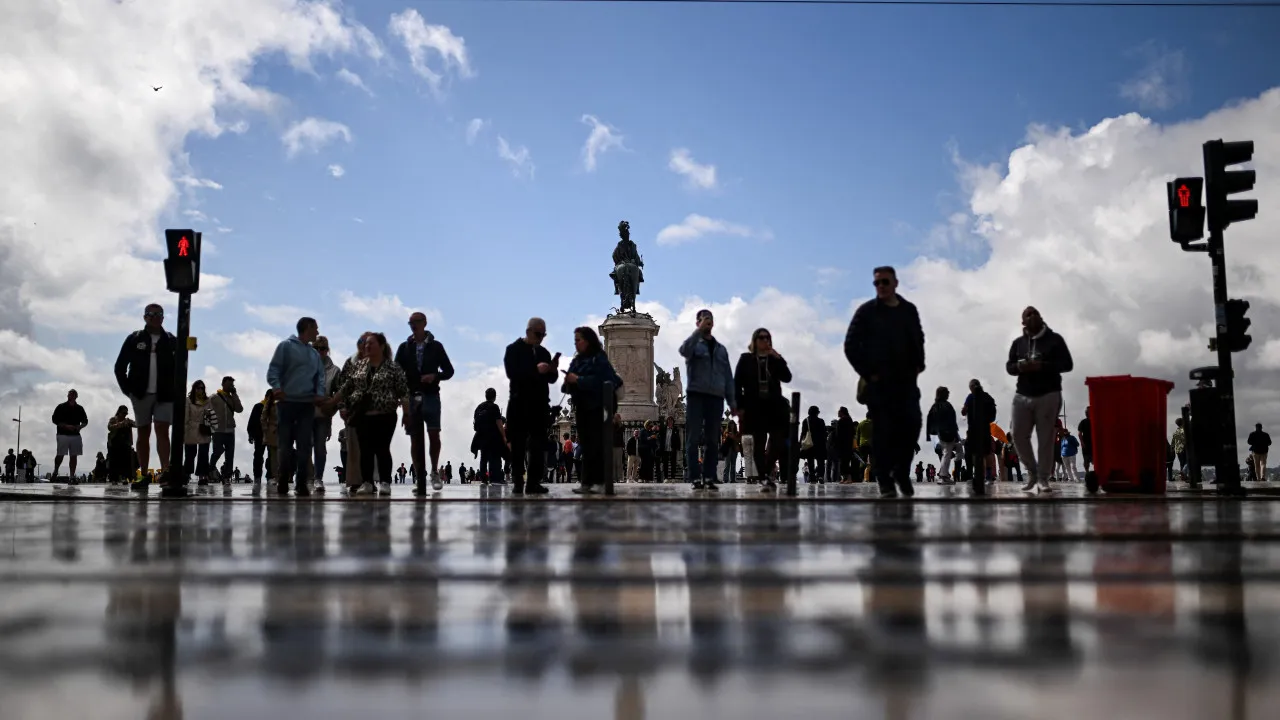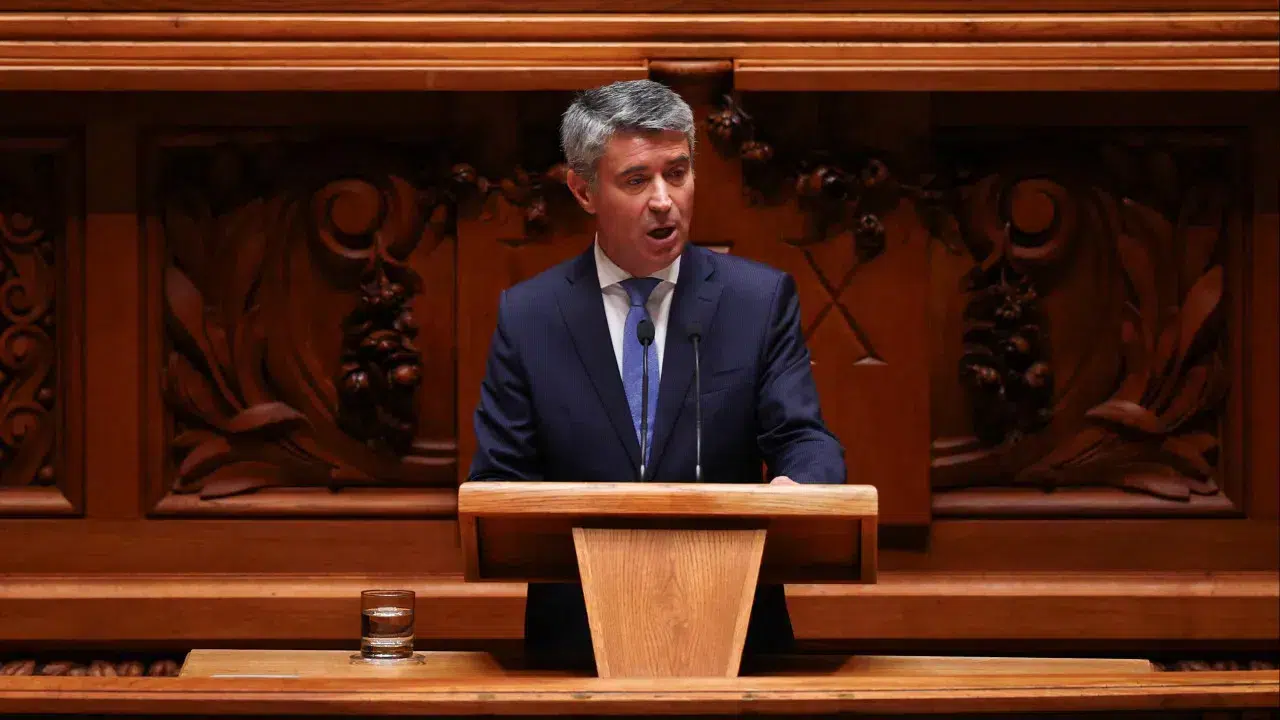
Lisbon, June 13, 2025 (Lusa) – The municipal tourist tax collected in the city of Lisbon has generated over 260 million euros for the city’s coffers in almost 10 years, amounting to nearly 49.51 million euros in 2024.
The Portuguese capital, which has charged this fee since 2016 and currently has the highest rate nationally at four euros, recorded a total intake of 260,131,495.65 euros between January of the first year and May 2025.
The fee began to be applied to overnight stays of both domestic tourists (including residents of Lisbon) and foreign tourists in hotels or local accommodation, “up to a maximum of seven nights per guest per stay,” with exemptions for guests under 13 years old. Initially set at one euro per night, the fee increased to two euros in January 2019 and doubled to four euros in September 2024.
According to data from the Lisbon City Council (CML) provided to Lusa, in its first year, the tax generated approximately 11.35 million euros, a figure that continued to rise until 2019.
In the first three years, when the rate was one euro per night, the municipality collected 46.45 million euros, specifically 11.35 million in 2016, 16.55 million in 2017, and 18.55 million in 2018.
In 2019, the year the fee increased to two euros per night, CML collected 36.08 million euros, but the growth trend was affected by the COVID-19 pandemic, declared in March 2020 and continuing until May 2023, according to the World Health Organization.
The worst year for Lisbon’s finances was 2021, with a collection of 9.91 million euros, lower than the 12.11 million achieved in 2020.
Despite the pandemic persisting beyond 2020 and 2021, a significant recovery was seen in 2022, with the tourist tax generating 33.06 million euros, reaching 40.24 million euros in 2023 and breaking its record in 2024 by reaching 49.51 million euros.
According to CML data, by May 31 of this year, since January, 32.76 million euros had already been collected, potentially breaking another record in 2025.
Before the fee doubled in September of last year, the best months were recorded in April and July, each exceeding six million euros. The impact of the increase to four euros became evident starting in October, which ended as the best month of that year with 8.16 million euros.
In the neighboring municipality of Cascais, the revenue from the municipal tax was 3.41 million euros last year, and in the first five months of 2025, it had already reached a total of 1.41 million euros, according to municipal sources.
Since 2017, when the municipal tax was introduced, Cascais has accumulated 15.30 million euros, primarily invested in cultural projects.
In Sintra, also part of Greater Lisbon, according to data provided by municipal sources, 1.47 million euros were collected in 2024, with 44% from tourism enterprises and 56% from local accommodations.
Revenues vary widely across the country. For example, Peniche, a municipality attracting numerous surfers to the renowned Supertubos beach, generated 290,000 euros last year, its first year of implementation.
In Porto, where the municipal tourist tax (TMT) was introduced in 2018 at one euro and increased to three euros in December 2024, 20.9 million euros were collected last year, marking an 8.13% increase compared to 2023, when the revenue was 19.2 million euros.
“By April 30, 2025, the TMT revenue totaled 9.3 million euros, reflecting an almost 42% growth compared to the same period in 2024, when 6.6 million euros were recorded,” the municipality informed Lusa.
In the popular beach resort area of Póvoa de Varzim, revenues in 2024 were “around 500,000 euros,” according to municipal sources.
The maritime arrival tourist tax in Lisbon, with a fixed unit value of two euros per passenger (over 13 years old) disembarking from cruise ships in transit at terminals located within the municipality, has been effectively collected since April 1 of last year, yielding 365,920 euros in its debut year.
In just the first five months of 2025, the maritime tax generated 309,397 euros, and it is expected to surpass last year’s amount.
Under the presidency of Carlos Moedas (PSD), the Lisbon City Council reiterated that the positive effects of tourism necessitate reinforcing urban and operational infrastructures of the city, including expanding public interventions in infrastructure, mobility, urban cleanliness, public spaces, safety, and the tourism, cultural, and leisure offerings.
The council emphasizes that city residents should not bear the costs of tourism. The funds collected are intended for “financing the enhancement of urban hygiene and cleanliness throughout the city,” with investments already made in Doca da Marinha, Estação Sul-Sueste, Museu Tesouro Real, and Centro Interpretativo da Ponte 25 de Abril.




